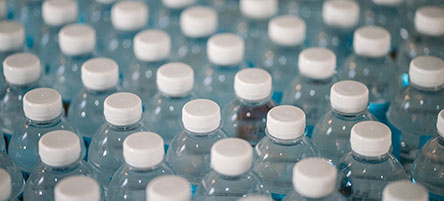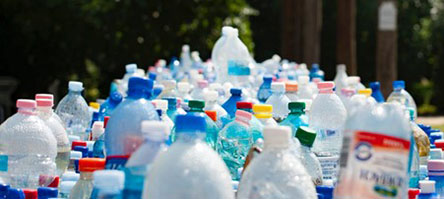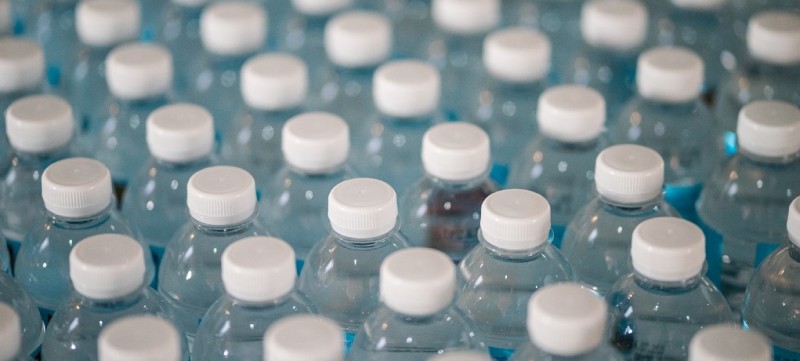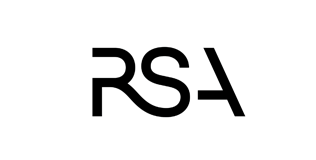
It’s hugely encouraging to see that at last, there is a reduction in the sales of bottled water, as we become more environmentally and ethically aware. However, this reduction follows increased sales in the UK over the last 15 years. Bottled water can cost anything between £1 and £5, so what still drives us to pay when we can get safe water from the tap, virtually for free.
In previous blog posts we have written about the importance of staying hydrated and how it benefits our health and wellbeing – something which is particularly important at this extraordinary time in our lives. I don’t think there is any disagreement now as to the importance of hydration, but there is still the issue of how to access a convenient source of good quality drinking water, especially when out and about.
Is bottled water purer?
Some may argue that bottled water is purer, which in itself gives health benefits. Others would argue that we are just paying for convenience, at a significant cost to the environment.
In reality, bottled water may actually be less safe than tap water, depending on the origins.
The UK is at the forefront in terms of quality tap water as it follows standards set by the EU Drinking Water Directive. There is no such directive for bottled water as it is classed as a food and beverage item and won't be tested to such strict levels of compliance. Amazingly in a study by Infruition, it was identified that over half of all bottled water sold doesn’t come from springs, but just municipal water, like the stuff that comes out of the tap.
Environmental impacts of bottled water
Recent research suggests that a 500ml bottle of water has a carbon footprint of between 80g to 100g of CO2, something which is not surprising when you look at the number of choices on offer on supermarket shelves.
Many brands of bottled water are transported from producers to customers all over the world. This, in addition to the manufacturing of plastic bottles, amounts to a huge carbon footprint, which some estimates suggesting this could be up to 1000 times that of tap water.
This is just the beginning of the environmental impact of bottled water. 13 billion bottles of water are sold around the world each year – with 2.5 billion litres being drunk in the UK alone. Only 3 billion of these bottles are recycled, meaning a massive 10 billion bottles are finding their way into landfill, where they can take up to 700 years to degrade, or – as we see regularly in the news – our oceans, where 80% of rubbish is plastic waste.

Access to clean drinking water
Something we tend to think less about is the moral issue. In the relative affluence of the West, consumers spend millions of pounds on bottled water when around the world, many don’t have access to clean drinking water.
As we said at the beginning of this blog, as we become more environmentally aware, at last sales of bottled water are beginning to reduce and hopefully, this marks the beginning of the end for a highly convenient but destructive product. There is now a tremendous choice of reusable bottles so fill one from your water cooler, add a fruity ice cube for flavour if you fancy, and enjoy the benefits of hydration with zero impact on the environment.












